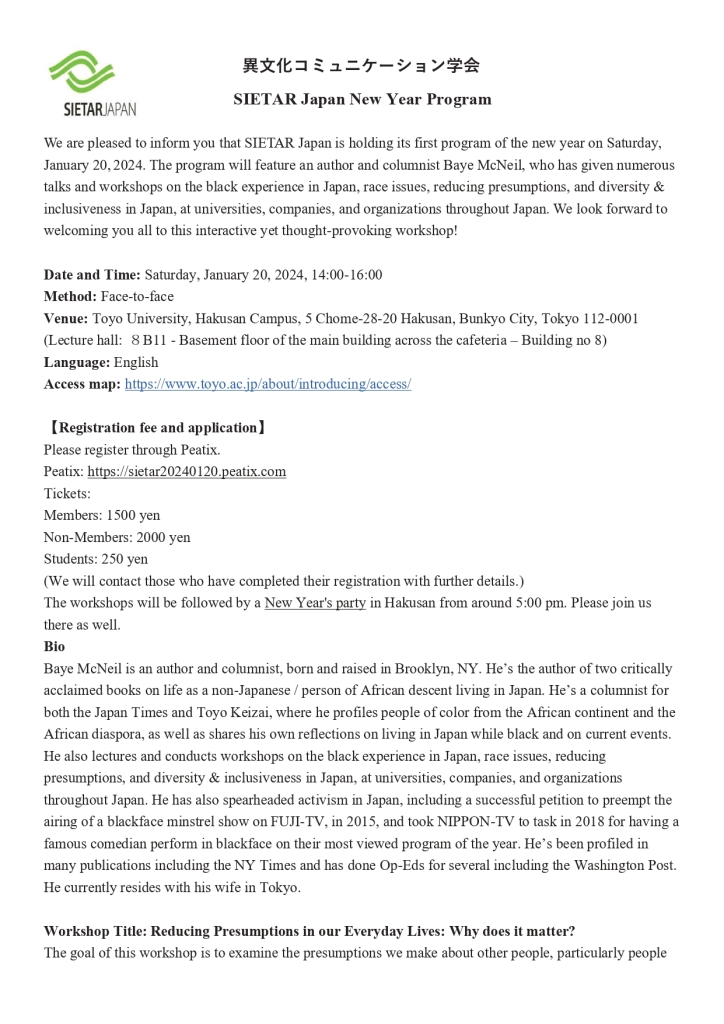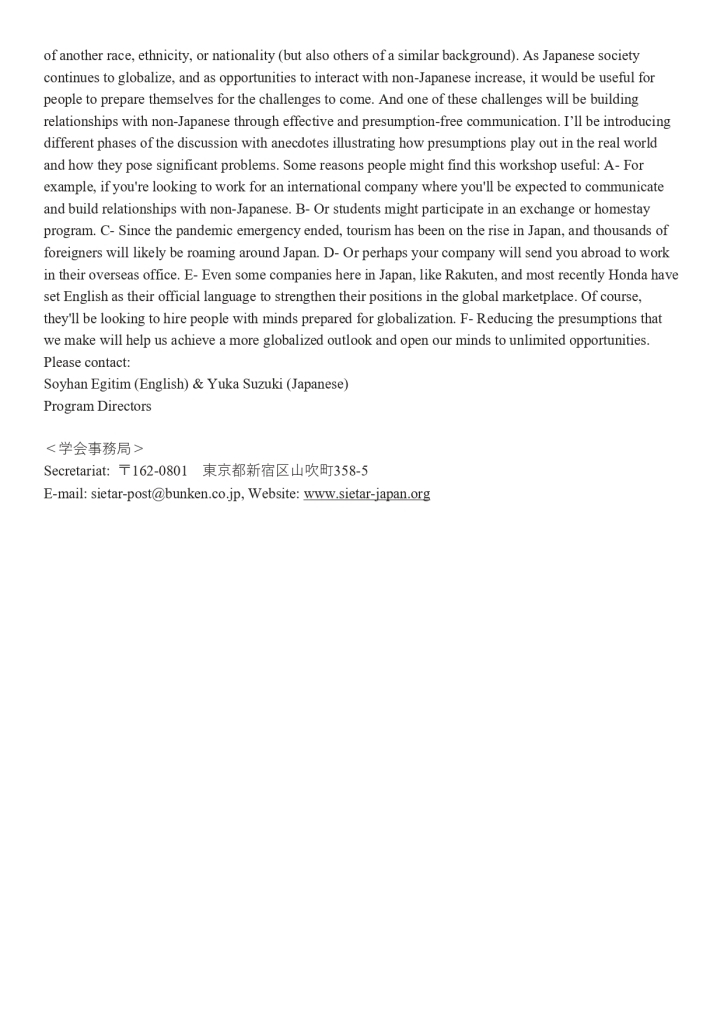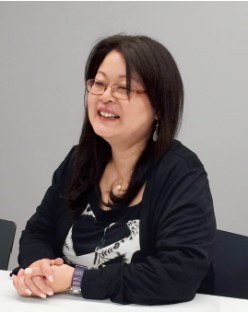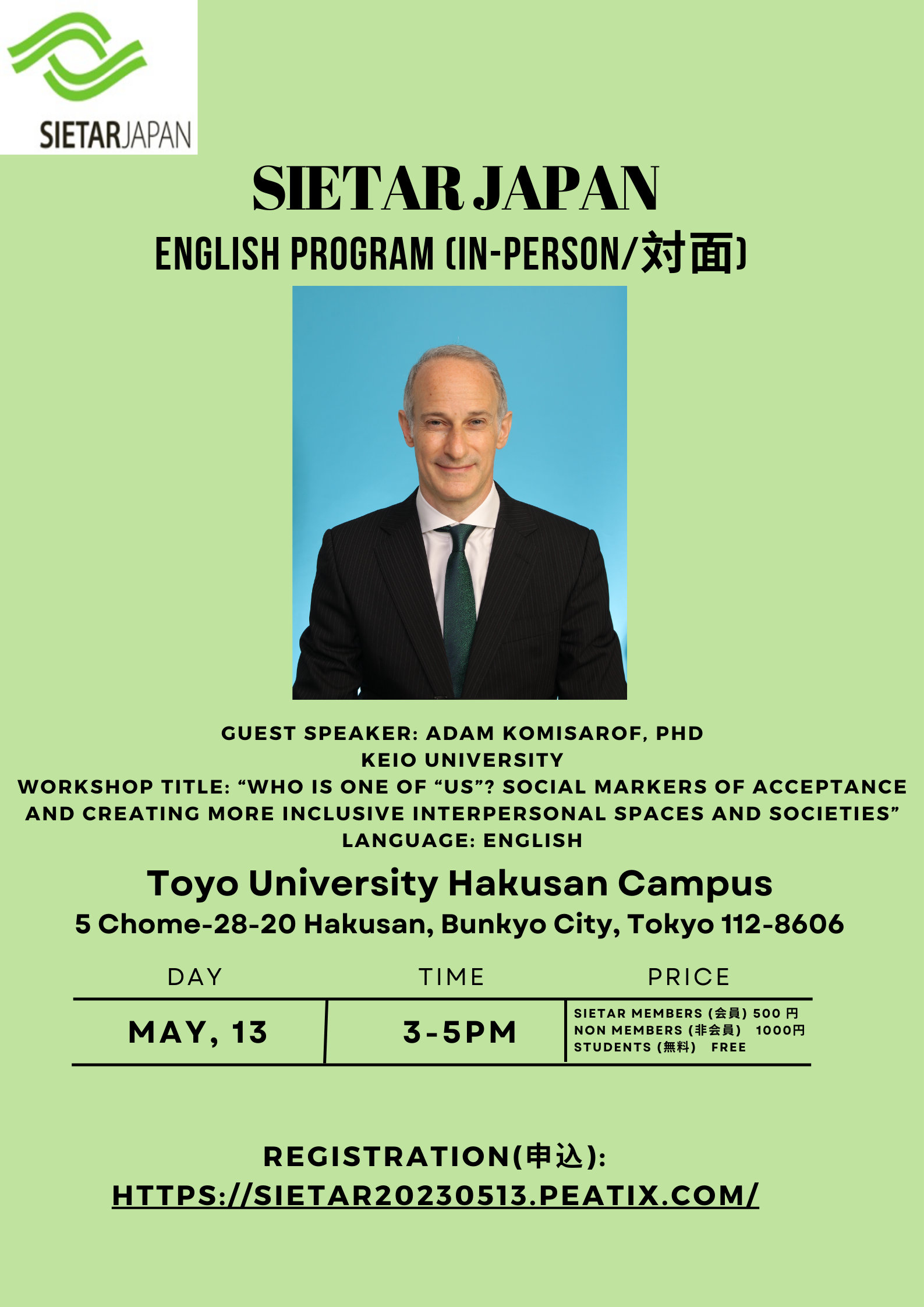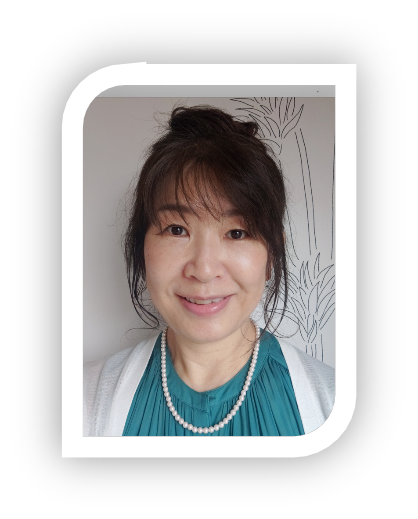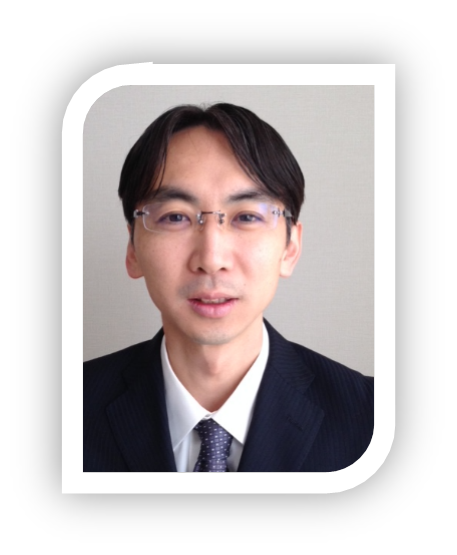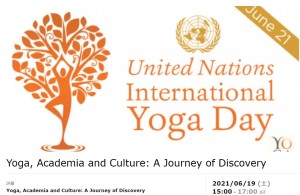2023
Reducing Presumptions in our Everyday Lives: Why does it matter?
Date and Time: Saturday, January 20, 2024, 14:00-16:00
Method: Face-to-face
Venue: Toyo University, Hakusan Campus, 5 Chome-28-20 Hakusan, Bunkyo City, Tokyo 112-0001
(Lecture hall: 8B11 – Basement floor of the main building across the cafeteria – Building no 8) Language: English
Access map: https://www.toyo.ac.jp/about/introducing/access/
【Registration fee and application】
Please register through Peatix.
Peatix: https://sietar20240120.peatix.com
Tickets:
Members: 1500 yen
Non-Members: 2000 yen
Students: 250 yen
(We will contact those who have completed their registration with further details.)
The workshops will be followed by a New Year’s party in Hakusan from around 5:00 pm. Please join us there as well.
2023
>>September Workshop
Paradigm-shifting Teaching Methods for Intercultural Communication
Session 3 of the series “Paradigm-shifting Teaching Methods for Intercultural Communication”

Title: A New Starting Point for Intercultural Communication Education: Clearing Up the Ambiguous and Fuzzy Points.
Facilitators: Milton Bennett, Shizu Yamamoto, Takehito Ishiguro
Date & Time: September 3, 2023, 13:00-16:00
Method & Lang: in-person, JPN & ENG
Place: Toyo University, Hakusan campus, Room 1307 (Bldg 1, 3F)
Fee: Member: 1000yen, Non-member: 1500yen, Student: free.
Application & Payment: Peatix
Session 3 Workshop Overview:
This workshop is intended to help clarify some of the areas of intercultural communication education that have been left ambiguous. For example, how should we think about the Similarity base and Difference base approach in intercultural communication? What does Dr. Milton Bennett, who formerly wrote about the Golden Rule (similarity-based sympathy) and the Platinum Rule (difference-based empathy), think about this issue now? Finally, we would like to ask you to envision what we have been thinking about throughout the past three sessions and how we can make it into educational material.
☆Milton Bennett is an Executive Director of the Intercultural Development Research Institute. Dr. Bennett earned his master’s degree in psycholinguistics from San Francisco State University, and his doctorate in intercultural communication and sociology at the University of Minnesota. Dr. Bennett is the author of Basic Concepts of Intercultural Communication: Paradigms, Principles, & Practices (Intercultural Press), co-editor and contributor to the third edition of The Handbook of Intercultural Training (Sage, 2004), co-author (with Edward Stewart) of the revised edition of American Cultural Patterns: A Cross-Cultural Perspective (Intercultural Press).
☆Shizu Yamamoto is a professor of intercultural communication at Tokai University. Dr. Yamamoto earned her master’s degree in speech communication from Portland State University and her doctorate in education from Sophia University. Her research interests are centered on intercultural sensitivity and the development of intercultural training methods. Based on the results of previous studies, she developed a Japanese psychological scale for DMIS (Multicultural Relations, 2022).
☆Taketo Ishiguro is an intercultural communication scholar (Ph.D. in Intercultural Communication Studies) whose research centers on intercultural discourse in multicultural organizations/teams. He has published such books as Images of Japanese leaders in multicultural organizations: A life-story interview approach (Shumpu-sha) and Multicultural teams and Japanese leaders’ dynamic thought processes: A grounded theory approach (Shumpu-sha).
Please contact:
Yuka Suzuki (Japanese) & Soyhan Egitim (English)
Program Directors
>>June, July and September Workshop
Paradigm-shifting Teaching Methods for Intercultural Communication
The June meeting will be June 25, 13:00-16:00. It will be conducted online.
Please see attached for details.
Registration is available via Peatix.
“There are people with different cultural backgrounds. There are cultures that are different from ours. And such differences should be respected.” Intercultural communication education, which has flourished in the age of internationalization, began with this kind of narrative. However, when we engage in this kind of narrative, social categories are more likely to be perceived as substantive. For example, people who are represented by the names of categories such as Japanese, Americans, the elderly, politicians, and athletes are more likely to be perceived as if they really exist in the world in such a way. Today, as the word diversity becomes more familiar, we need intercultural communication with an updated narrative in order to be aware that we create many different positionalities in every aspect of our daily lives. Supporting this paradigm shift was the purpose of “Intercultural Communication Training: Growing Up with Differentness” (2022, Sanshusha), which was published last December.
While some people said that they could grasp the ideas they wanted from this book easily, others said that it was too theoretical and difficult to understand, or that they were confused because it was quite different from traditional intercultural training. Therefore, we have planned a three-part series of workshops to discuss frankly about today’s societies and educational practices in the field, and to find points of contact between contemporary issues and this book so that we can make the best use of it.
Session 1: Sunday, June 25, 2023, 13:00-16:00
What can we do now for intercultural communication?: Facing the “differentness” that has manifested itself in our immediate surroundings. Shizu Yamamoto and Taketo Ishiguro, Method: ONLINE (ZOOM), Japanese.
Session 2: Saturday, July 15, 2023, 13:00-16:00
Overcoming Stereotypes: Establishing a Context in which Using Cultural and Social Categories is Not Detrimental. Yuka Suzuki, Shizu Yamamoto, Taketo Ishiguro, Method: in-person,
the location: Tokai University (Shinagawa Campus, Room 1201, 2nd floor, Bldg. 1), Language: Japanese.
Session 3: Sunday, September 3, 2023, 13:00-16:00
A New Starting Point for Intercultural Communication Education: Clearing Up the Ambiguous and Fuzzy Points. Milton Bennett, Shizu Yamamoto, Takehito Ishiguro, Method: in-person, the location will be in Tokyo. We will inform you as soon as it is decided. Japanese and English.
Session 1 Workshop Overview:
We will consider why we need to work on intercultural communication in this day and age. The purpose of this workshop is to create a common understanding of what intercultural communication education aims to achieve.
What was it that got you involved in intercultural communication in the first place? Many of you may have experienced discomfort, isolation, friction, or conflict, as well as new discoveries and joys, around “differentness.” If you can organize yourself in your own way in response to what you are experiencing, you may feel a little better. This will probably give you the mental space and energy to tackle the challenges you face. In this workshop, for starters, let’s talk about our experiences with intercultural communication studies that have made it easier for us. What were the theories and teachings that had a particular impact on you, how did they affect you in a way that made you feel more comfortable, and in what state or situation did “feeling more comfortable” mean in this case? In verbalizing and sharing these ideas, we will visualize the wisdom of individuals involved in intercultural communication education in order to make things easier for students. By finding connections to the theories and concepts in this book, we will search for more concrete ways to apply them in the classroom. Let’s also think about how we can verbalize the role of intercultural communication studies beyond the verbalization of “getting comfortable,” and create a common knowledge of why intercultural communication is necessary for people today.
For another piece of work, let’s try actually doing the “Let’s talk about Differentness! (p.180)” activity. In Professor Yamamoto’s class, students are asked to give a five-minute presentation on the above theme, and it is an exercise that has received a great deal of positive feedback. Participants will be informed of the content of the story that they will need to prepare prior to the day of the event. If you don’t have time to prepare, you can just watch and not be the speaker. This method was presented at the annual conference of The Forum on Education Abroad in 2022 as the “Micro-otherness approach.”
Session 2 Workshop Overview:
The program will be led by Yuka Suzuki, a specialist in intercultural training and facilitation in companies and universities. The plan is to bring together several chapters, such as Chapter 5 Observational Categories, Chapter 10 Context Shifting, Chapter 11 Stereotypes, etc., and to synthesize our teaching materials, questions, themes for dialogue, etc., to cover these chapters in class. We will create teaching materials from the perspective of perceptual constructivism, put them into practice, and think about potential areas for improvement.
Session 3 Workshop Overview:
This workshop is intended to help clarify some of the areas of intercultural communication education that have been left ambiguous. For example, how should we think about the Similarity base and Difference base approach in intercultural communication? What does Dr. Milton Bennett, who formerly wrote about the Golden Rule (similarity-based sympathy) and the Platinum Rule (difference-based empathy), think about this issue now? Finally, we would like to ask you to envision what we have been thinking about throughout the past three sessions and how we can make it into educational material.
Guest Speakers:
Session 1-3, Shizu Yamamoto is a professor of intercultural communication at Tokai University. Dr. Yamamoto earned her master’s degree in speech communication from Portland State University and her doctorate in education from Sophia University. Her research interests are centered on intercultural sensitivity and the development of intercultural training methods. Based on the results of previous studies, she developed a Japanese psychological scale for DMIS (Multicultural Relations, 2022).
Session 1-3, Taketo Ishiguro is an intercultural communication scholar (Ph.D. in Intercultural Communication Studies) whose research centers on intercultural discourse in multicultural organizations/teams. He has published such books as Images of Japanese leaders in multicultural organizations: A life-story interview approach (Shumpu-sha) and Multicultural teams and Japanese leaders’ dynamic thought processes: A grounded theory approach (Shumpu-sha).
Session 2 Workshop Overview:
The program will be led by Yuka Suzuki, a specialist in intercultural training and facilitation in companies and universities. The plan is to bring together several chapters, such as Chapter 5 Observational Categories, Chapter 10 Context Shifting, Chapter 11 Stereotypes, etc., and to bring to each other teaching materials, questions, themes for dialogue, etc., to cover these chapters in class. We will create teaching materials from the perspective of perceptual constructivism, try them out, and think about areas for improvement.
Session 3, Milton Bennett is an Executive Director of the Intercultural Development Research Institute. Dr. Bennett earned his master’s degree in psycholinguistics from San Francisco State University, and his doctorate in intercultural communication and sociology at the University of Minnesota. Dr. Bennett is the author of Basic Concepts of Intercultural Communication: Paradigms, Principles, & Practices (Intercultural Press), co-editor and contributor to the third edition of The Handbook of Intercultural Training (Sage, 2004), co-author (with Edward Stewart) of the revised edition of American Cultural Patterns: A Cross-Cultural Perspective (Intercultural Press).
[Participation Fee & Registration Procedures]
Please register through Peatix and beware that your registration will not be valid without a membership number. If you are a member, please write your “membership number” after your name.
1. June 25, 2023, 13:00-16:00 https://sietarjune.peatix.com
2.July 15, 2023, 13:00-16:00 https://sietarjuly.peatix.com/
3.September 3, 2023, 13:00-16:00 https://sietarseptember.peatix.com(Access will be available after July.)
>>May Workshop
2022
>>October Workshop
Theory and Practice of a New Textbook on Intercultural Training: Encountering “Difference” through Perceptual Constructivism
Date/Time: Saturday October 1, 2022 13:00-16:00
Language: Japanese
Guest Speakers:
Shizu Yamamoto is a professor of intercultural communication at Tokai University. Dr. Yamamoto earned her master’s degree in speech communication from Portland State University and her doctorate in education from Sophia University. Her research interests are centered on intercultural sensitivity and the development of intercultural training methods. Her current research focuses on DMIS, using both qualitative and quantitative methods to examine how Japanese people perceive, interpret, and express their experiences of difference. Based on the results of previous studies, she developed a Japanese psychological scale for DMIS (in press).
Taketo Ishiguro is an intercultural communication scholar (Ph.D. in Intercultural Communication Studies) whose research centers on intercultural discourse in multicultural organizations/teams. He uses qualitative research methods such as a constructionist version of life-story interview research, modified grounded theory approach, and discourse analysis. He has published such books as Images of Japanese leaders in multicultural organizations: A life-story interview approach (Shumpu-sha) and Multicultural teams and Japanese leaders’ dynamic thought processes: A grounded theory approach (Shumpu-sha).
Outline Workshop :
What becomes possible when we remove “bunka” (culture) from “i-bunka” (interculral) communication and try to focus just on “i” (difference)? This workshop will introduce a new book “Experiencing Intercultural Communication: Growing Up with ‘Difference'” (Shizu Yamamoto, Taketo Ishiguro, Milton Bennett, Daisuke Okabe, Sanshusha, November 2022), which summarizes a new approach to intercultural communication education. This book is a challenge to update traditional intercultural communication education. The theoretical background of the book is “constructivism” and the “development of intercultural sensitivity.” In this workshop, the following will be conducted.
1 Introduction to the overall structure and characteristics of this book. Video greeting from Dr. Bennett introducing the book.
2 Explanation of perceptual constructivism and “i” (difference) as a theoretical foundation
3 Introduction to and explanation of sample chapters
4 Practice and explanation of sample exercises
5 Q & A, interaction among authors and participants in a free atmosphere. Dr. Bennett will also participate.
Unique feature of this book is that by focusing on “i” (difference), it attempts to extend the applicability of intercultural communication knowledge outside of the traditional units of social categories such as country, race, and ethnicity. There has been a kind of difficulty in taking the approach that different cultures are collectively defined at the collective level and thus linking different cultures to social categories. The use of existing social categories alone does not adequately capture the asymmetrical relationships that are made diversely visible in various contexts, which people are increasingly becoming aware of at home, at work, and at school. For example, “those who have experienced” and “those who have not experienced” certain events, such as studying abroad, taking exams, giving birth, getting married, divorcing, changing jobs, illness, disasters, etc., may feel uncomfortable with each other’s comments and actions, and misunderstandings and conflicts may occur due to differences in their standpoints. It is important to be able to focus on the divisions of positions through line-drawing (segmentation) without being bound by the culture of the group unit, and to be able to not only divide but also reconnect by redrawing the boundaries. With this concern, Yamamoto, who was trying to teach from constructivist and situated perspectives, encountered “context shifting” as conceptualized by Ishiguro, and the idea of removing “culture” from “cultural difference” and making “i” (difference) as a perceptual object came to take shape.
From a constructivist perspective, we believe there is a need for intercultural communication in which people can learn how to deal flexibly with categories, including categorizing, de-categorizing, re-categorizing, and using categories as a lens for observation. In this context, the emphasis is on having a sense of agency as a category generator and being aware of the possibility of changing boundaries. It is necessary not only to increase the cognitive complexity of being able to use multiple categories simultaneously, but also to increase the perceptual complexity involved in the sensitive attention to categorization. This idea is in line with the development of intercultural sensitivity that Milton Bennett has advocated in the constructivist paradigm. In addition to Bennett’s introductory and final chapters, this book includes Japanese translation of Bennett’s lecture on the developmental model of intercultural sensitivity given at the 18th Annual Conference of the Japan Society for Multicultural Relations.
[Participation Fee & Registration Procedures]
Please register through Peatix and beware that your registration will not be valid without a membership number.
Peatix: https://sietar20221001.peatix.com
Participation fee: 600 yen (members), 1000yen (non-members), Free (student members). 350yen (non-member students)
Once your registration is completed, we will send you the zoom link.
We ask that you have a stable online connection.
Please contact:
Yuka Suzuki (Japanese) & Soyhan (English)
Program Directors
<学会事務局>
Secretariat: 〒162-0801 東京都新宿区山吹町358-5
E-mail: sietar-post@bunken.co.jp, Website: www.sietar-japan.org
>>June Workshop
ONLINE Lecture: Ukraine War and Condition of Peace
Date/Time: Saturday June 18, 2022 13:30-15:30
Language: Japanese
Outline of Lecture:
Why did the war in Ukraine occur 30 years after the collapse of the Soviet Union?
Why did the post-Cold War relationship between the U.S. and Russia, especially the issue of NATO’s eastern expansion, occur
and why has this not only become a global conflict but could also lead to a nuclear war?
Also, what are the conditions for ceasefire and peace?
All these questions will be discussed by a leading expert on Russian politics.
The content of the lecture is subject to change in accordance with the ever-changing situation.
Guest Speaker: Nobuo Shimotomai (Professor Emeritus, Hosei University, Specially Appointed Professor, Kanagawa University)
He graduated from the University of Tokyo in 1971. While working as a professor at Seikei University and Hosei University, he also engaged in research activities at the Center for Russian and East European Studies at the University of Birmingham and Harvard University.
He is the author of numerous books, including Putin Aiming for Asia: International Politics in a Time of Radical Change (2014), and Putin in Religion and Geopolitics: Russia’s Quest for a “Third Rome” (2016). He has been viewed as “the leading scholar of Russian politics.”
[Participation Fee & Registration Procedures]
Please register through Peatix and beware that your registration will not be valid without a membership number.
Peatix: https://sietar-june-program2022.peatix.com
Participation fee: 500 yen (members), 1000yen (non-members), Free (students)
Once your registration is completed, we will send you the zoom link.
We ask that you have a stable online connection.
Please contact:
Yuka Suzuki (Japanese) & Soyhan (English)
Program Directors
<学会事務局>
Secretariat: 〒162-0801 東京都新宿区山吹町358-5
E-mail: sietar-post@bunken.co.jp, Website: www.sietar-japan.org
2021
>>October Workshop
ONLINE Workshop:
Japanese Culture-Based Intercultural Business Training
~ Time to Localise to Maximise Learning ~
Presenter: Takashi KAWATANI
DATE: October 15, 2021
TIME: 20:00~21:30
PEATIX: https://japaneseculturebasedibt.peatix.com/
Please contact
Amey Kulkani, Program Director, with any questions.
ameykk1208@gmail.com
Mr. KAWATANI Takashi (Tak) 河谷隆司 is a cross-cultural management consultant, who has conducted intercultural management and diversity training in 20 countries for Japanese firms and government bodies including the US Navy (Yokosuka) and the Economic Development Board of Singapore.
Since 1988, Tak has been exploring various ways to “Japanize” intercultural business training (ICT). From his experience, he has found that Japanese corporate/social values-based ICT achieves more excitement and ownership of Japanese business learners.
To localise the content, he suggests trainers must reflect upon the ultimate goal of training, learners’ dilemmas for global assignments, macro-economic challenges impacting their behaviours and have compassion for the decaying self-respect.
Specifically, trainers must make extra efforts to excavate live gemba 現場 resources straight from the source (Japanese firms overseas/Japan) and integrate them into intercultural theories and models from the West.
His workshop will evolve around:
- How are you adapting Western values when training Japanese businesses or students?
2.What can an intercultural business trainer for Japanese firms do to be truly helpful with their confused leadership presence torn between going western or retaining Japanese styles?
- Viewing Tak’s video interviews with senior managers in ASEAN and diagrams of Japanese philosophies. To be shared to the participants.
- Group discussion and Q&A
Presenter profile
Tak has lived in Kuala Lumpur for 17 years and written a dozen books including Winning Together at Japanese Companies and パパ、コーカサスオオカブトをとって!(Dad, catch me that Rhino beetle!).
To contact Tak Kawatani, email to: successjapan@outlook.com
For his latest activities, visit: https://www.successjapanseminars.com/
You may also want to join his group Success Japan Initiative: https://www.linkedin.com/groups/13933717/
>>June Workshop#2
ONLINE Workshop: Yoga, Academia and Culture: A Journey of Discovery
Date/Time: 2021/06/19 (Sat)15:00 – 17:00 JST
Language of the session: English
Participation fee:
SIETAR Members ¥1,000
Non-SIETAR members ¥2,000
Graduate students ¥500
Undergraduate students
Peatix:intlyogaday.peatix.com
Yoga, Academia and Culture: A Journey of Discovery
Since 2014, June 21st is celebrated as International Yoga Day all over the world.
In this 2-hour workshop, Dr. Randeep Rakwal, University of Tsukuba (UT) will share his personal story of intercultural understanding in Japan through research, cooperation with society and bridging the gap between Japan academia and International students. This story begins with his arrival to Japan in 1993 and leads to the managing of an international sports academy project by JSA at UT and the establishment of mental well-being through yoga and meditation as part of a general education program for graduate students at UT.
Dr. Rakwal will lead the discussion on the intersection of biology, sports science, academia and culture, allowing time for small group discussion.
In the final 30 minutes of the workshop, Genboku Takahashi, a longtime yoga practitioner and instructor of mindfulness for graduate students at Tsukuba University, will lead us in practice of yoga asanas and meditation.
I) The Journey to Japan : 1993 to present
What did I know about Japan?
Challenges? Adjustment, Food, Language
Research is a passion, not a job! = Be an Ant!
Collaborations are a key
License to…
II) Why SPORTS? Link to International and Culture
New Technology-OMICS = Research Output = Dissemination of knowledge = International Organization establishment
Exposure to interdisciplinary research = Leading to Graduate General Education
Plants to Animals to Humans = Biology to Medicine to Sport Science and the Environment (Iitate Village, Fukushima)
III) Establishment of the YOGA Course at GGEC Program and its Impact
Translation of knowledge at GGEC program = Skill Development-Workforce-Global Environment
Cross-Cultural Communication and Research Project Management
YOGA: Another critical requirement for Graduates = Mental Well-being – Body and Mind (Research / Social Innovation)
IV) Key Learnings and Challenges in a Multicultural Setting (Group Discussion)
QUESTIONS:
What is International, What is Culture, What is Communication?
To ask or not to ask, to speak or not to speak?
V) Let us do YOGA with Genboku Takahashi-sensei
Yoga – what is it? = A brief History of YOGA
Yoga in the times of Covid-19
Let us do YOGA = Asana and Meditation
Presenters:
1) Randeep Rakwal
2) Genboku Takahashi
1) Dr. Randeep Rakwal, professor of Sports Science and Medicine at Tsukuba University, takes a multi-disciplinary approach to research and education – across living organisms – plants to animals to humans; a common link is OMICS high-throughput technologies (holistic high- throughput analyses of biological state with and without environmental stresses) and linkage towards human health. With sports, he hopes to study the biological effects on the human body/athlete through ‘omics’. Two other research areas under study are holistic: YOGA and NUTRITION under the umbrella of ‘well-being’.
TRIOS: https://trios.tsukuba.ac.jp/en/researcher/0000003045
2) Genboku Takahashi is a yoga instructor and guest lecturer at Tsukuba University. His focus is the integration of yoga and life sciences, the pursuit of the essence of yoga, and the prevention of lifestyle-related disease. He uses breathing techniques, zazen/meditation and asana guidance as a measure against stress.
Takahashi has established and chairs the NPO Netakiri Hanbun Suishin Kyogikai, and the Organic Society of Japan.
>>June Workshop#1
ONLINE Workshop: Another Way to Enjoy Shakespeare’s Plays
Subtitle: Enjoying the Cultural Differences Found in Shakespeare
Date/Time: Saturday June 12, 2021 14:00-16:00(16:30) followed by 30 min of socializing and open discussion
Language: Japanese with some English (English speakers welcome)
Time: 2 hours, followed by 30 minutes of discussion/socializing.
[Participation Fee & Registration Procedures]
Please register through Peatix and beware hat your registration will not be valid without a membership number.
Peatix:https://peatix.com/event/1878312/view
Participation fee: 1000 yen (members), Free (students)
Once your registration is completed, we will send you the zoom link.
We ask that you participate using a computer and that you have a stable online connection.
Please contact:
Yuka Suzuki (Japanese) & Amey Kulkarni (English)
Program Directors


